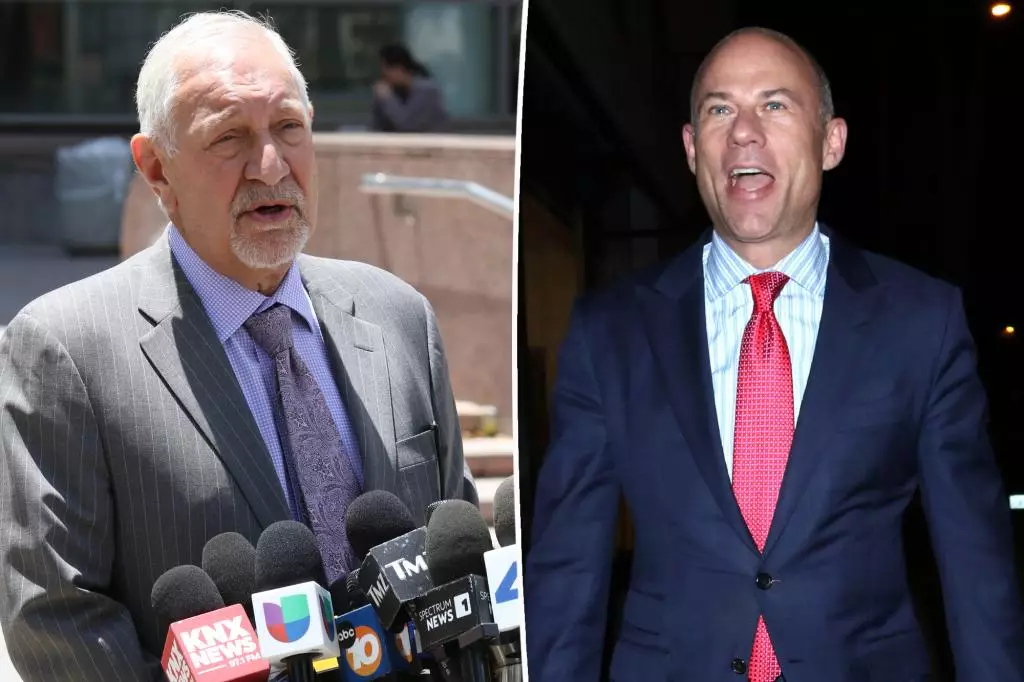The recent legal proceedings surrounding renowned attorney Mark Geragos illuminate a troubling facet of the legal world—how influence, reputation, and questionable allegiance can blur the lines of professional integrity. While Geragos’s name has been associated with high-profile clients and sensational cases, his recent civil liability reveals that even established legal figures are not immune to scrutiny. This case underscores the importance—and the peril—of crossing ethical boundaries in pursuit of strategic advantage.
Geragos’s involvement in aiding Michael Avenatti, notoriously embroiled in criminal misconduct, points to the dangerous insularity that can develop within elite legal circles. His alleged knowledge of Avenatti’s wrongful actions and the subsequent assistance he provided, whether intentional or negligent, demonstrate how legal professionals can become complicit in misconduct. This highlights a broader issue within the profession: the temptation to prioritize victory and reputation preservation over ethical standards. Geragos’s attempt to minimize the significance of the verdict, claiming “near vindication,” seems dismissive of the serious implications that juries and courts weigh when determining professional breaches.
What makes this case particularly significant is the court’s recognition that Geragos’s conduct, at least in part, violated his duty to act with loyalty and care toward his client, Franklin. The fact that he was found to have understood that Avenatti was engaged in wrongdoing and nonetheless provided substantial encouragement is alarming. It serves as a reminder that legal expertise does not grant immunity from accountability, and ethical lapses can have tangible consequences, including civil liability and damage to professional reputation.
Moreover, this situation exposes the perilous allure of “spin” and public relations strategies often employed by attorneys in high-stakes cases. Franklin’s counsel’s pointed critique underscores that legal cunning must be balanced with moral integrity. While a civil verdict does not carry criminal consequences, it acts as a stark message: the legal system desires accountability for actions that undermine justice, regardless of ego or influence.
Avenatti’s downfall, marked by criminal sentences for extortion and embezzlement, exemplifies how ambition unchecked by ethics can lead to self-destruction. His actions not only ruined his career but also tarnished the reputations of those associated with him, including Geragos. The ramifications demonstrate that alliances formed in pursuit of strategic interests carry significant risks; the fallout often extends far beyond the courtroom.
In essence, this saga questions whether legal professionals should prioritize loyalty to clients or adhere unwaveringly to their fiduciary duties. Geragos’s case acts as a cautionary tale, emphasizing that reputation alone cannot shield a lawyer from justice. It also prompts a broader reflection on the moral compass guiding those entrusted with defending truth and fairness within the legal system. The real victory, perhaps, will be restoring integrity in a landscape too often tainted by greed and compromise.

